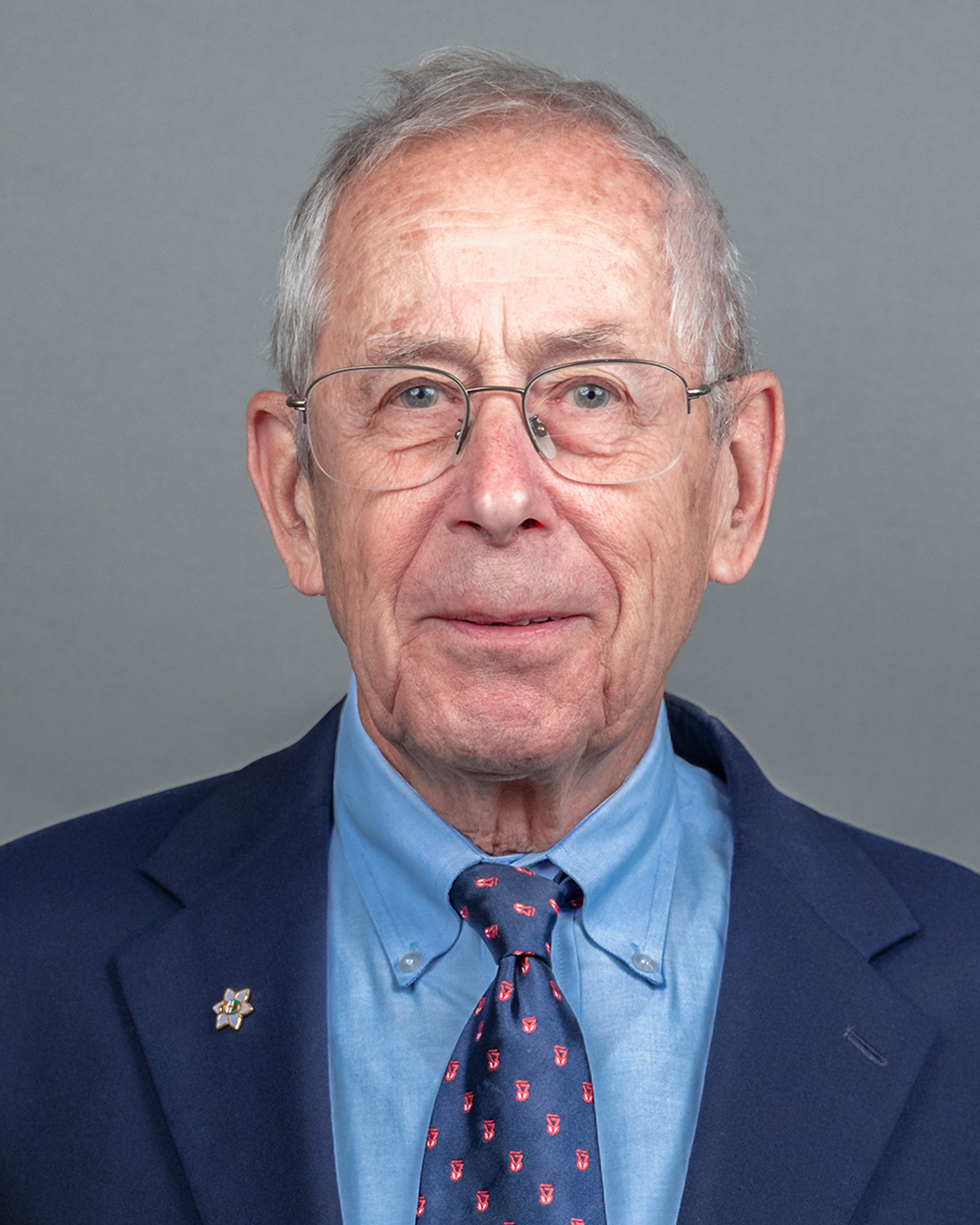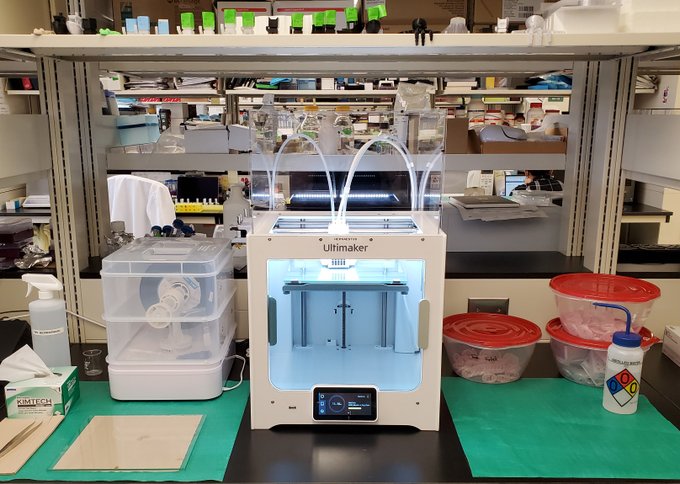Researchers at the University of California, Irvine and Flinders University in South Australia have discovered a method to unboil an egg by reverting the proteins back to their original state.
Gregory Weiss, a professor at the University of California, Irvine in the departments of chemistry, and molecular biology and biochemistry, was seeking a way to recycle proteins which have misfolded.
The function of a protein is dictated by its shape, and when a protein becomes misfolded it will typically also become functionally useless.
The method developed was tested on a boiled egg. When an egg is boiled, the bonds of the proteins in the content of an egg are altered in a process called denaturing. The energy from the boiling process first causes proteins to unfold. Energy then continues to be absorbed, enabling the broken proteins to form covalent bonds with other proteins, folding and curling them together tightly. These bonds force water out, and the egg becomes solidified.
In the method Weiss has helped develop, the proteins are returned to their original shape through a two-step process.
The first step is the addition of urea, which liquefies the proteins. However, the proteins will still be misshapen at this stage.
The second step is to use a vortex fluid device to force the proteins back into their original shape. This process is completed through the use of shear stress and the application of microfluidic films. The proteins are forced to stretch out, and, when the stress is released, they return to their original shape.
This method only takes a few minutes and requires few steps. It is a fast and relatively affordable way to correct the shape of proteins.
This new discovery will have beneficial applications in food science, pharmaceutical research, and cancer treatment.
Shortly after the announcement of this finding, Weiss took to the social networking website Reddit to engage users in an “Ask Me Anything” thread. “Ask Me Anything” is an informal interview format which allows users to ask the author anything they want.
One of the most highly rated questions asked Weiss if the method developed could be applied to neurodegenerative diseases relating to protein misfolding, such as Alzheimer’s.
Weiss replied, “I really wish our vortex fluid device could fix incorrectly formed proteins inside living cells and organisms. But it doesn’t – unfortunately. We use the mechanical energy from whirling a protein solution in a slanted tube to introduce shear forces to the proteins. The proteins then get a chance to get refolded into their natural shapes. This approach can’t work without removing the proteins from patients.”
Another user asked about the applications of this method on cancer research. Weiss responded, “We’re going to use this approach to produce proteins associated with cancer for use in the development of new anti-cancer diagnostic tests.”
In addition to being part of the research team to develop this method, Weiss is also involved in the development of at-home cancer tests and is the co-chair for the Global Young Academy, an organization that engages young scientists in activities focusing on policy, education, and research.





